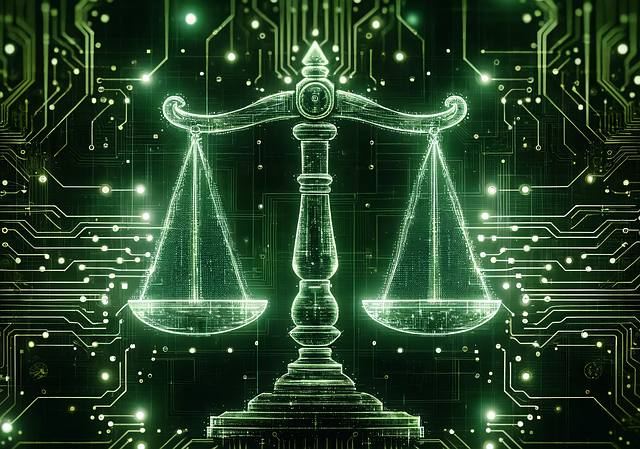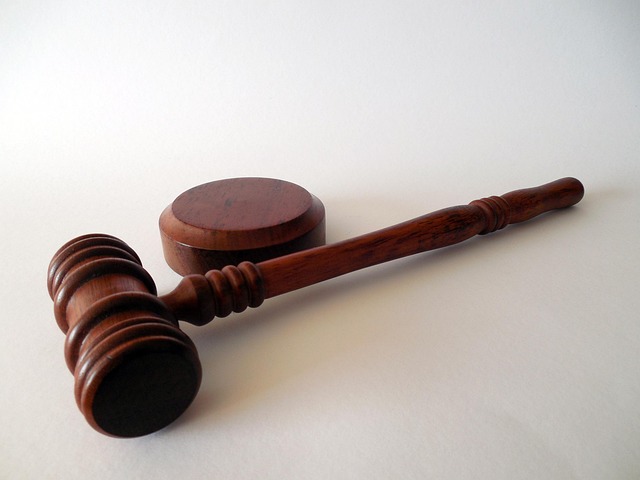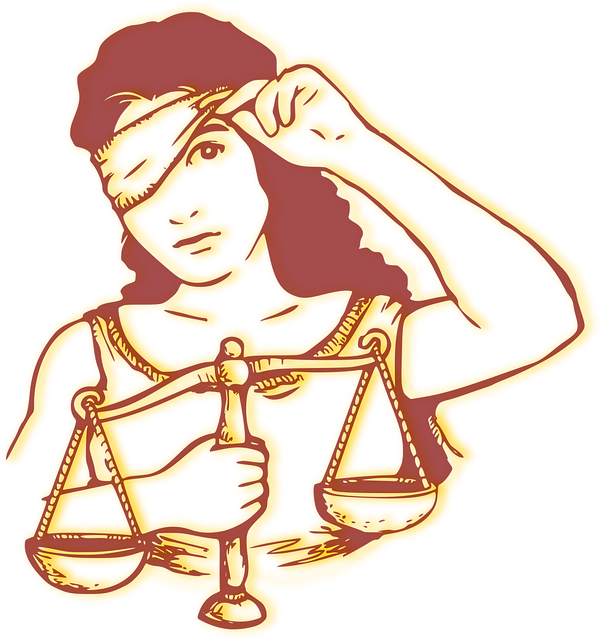Healthcare Compliance experts play a critical role in personal injury claims by ensuring adherence to legal standards and regulations. They guide institutions in gathering and presenting essential evidence, such as medical records, police reports, and witness testimonies, to establish liability and damages. These professionals are vital for navigating complex procedures, building strong arguments, and increasing the likelihood of favorable outcomes. By leveraging their knowledge of healthcare policies, they help victims maximize compensation while minimizing risks of legal repercussions.
Healthcare Compliance Experts play a pivotal role in ensuring legal and ethical practices within medical institutions. This article delves into their crucial expertise, focusing on personal injury claims. Understanding their role is essential when navigating complex regulations. We explore the importance of detailed documentation in these cases, highlighting the key types of evidence needed for successful claim assessment. By examining legal standards, we uncover how compliance experts maximize compensation, offering valuable insights for both professionals and claimants alike.
- Understanding Healthcare Compliance Experts: Their Role and Expertise
- The Importance of Documentation in Personal Injury Claims
- Key Types of Evidence Required for Successful Claim Assessment
- Navigating Legal Standards and Regulations for Compliance
- Maximizing Compensation: How Compliance Experts Assist in Personal Injury Cases
Understanding Healthcare Compliance Experts: Their Role and Expertise

Healthcare Compliance experts play a pivotal role in ensuring that medical institutions adhere to a complex web of regulations designed to protect patients and maintain ethical practices. Their expertise lies in navigating the intricate landscape of healthcare laws, policies, and procedures. These professionals are well-versed in interpreting and implementing rules related to patient privacy, data security, billing practices, and quality of care standards.
Their knowledge extends beyond mere compliance; they possess a deep understanding of the legal system, particularly as it pertains to personal injury claims. In the event of a lawsuit, evidence needed for a personal injury claim must meet stringent criteria, and healthcare compliance experts can guide institutions on how to collect, store, and present relevant information effectively. This expertise is crucial not just in defending against potential lawsuits but also in avoiding indictment during general criminal defense scenarios, ensuring that all stages of the investigative and enforcement process are handled with integrity and in accordance with legal standards.
The Importance of Documentation in Personal Injury Claims

In personal injury claims, documentation plays a crucial role as it provides concrete evidence needed to support an individual’s case. From medical records detailing injuries and treatments to police reports outlining the incident, each piece of documentation contributes to a comprehensive narrative. For his clients, having well-organized and accurate records is essential when navigating complex legal procedures. These documents are not merely formalities but critical tools that help in building a strong argument during jury trials, ultimately increasing the likelihood of a favorable outcome.
The process of gathering evidence for personal injury claims requires meticulous attention to detail. Every interaction with healthcare providers, insurance companies, and other relevant parties should be documented, ensuring that all relevant information is available when needed. This includes medical imaging reports, treatment plans, and any communications related to the incident. Such thorough documentation enables legal professionals to present a clear and compelling case, ensuring their clients’ respective businesses are protected and they receive the compensation they deserve.
Key Types of Evidence Required for Successful Claim Assessment

When evaluating a personal injury claim, several key types of evidence are crucial for a successful assessment. Firstly, medical records play a pivotal role in documenting the extent of injuries and the course of treatment. These records provide concrete proof of diagnoses, procedures, and recovery progress, which are essential for quantifying damages. Additionally, corroborative evidence such as police reports, witness testimonies, and photographs can lend credibility to the claim, especially when establishing liability.
Beyond these, the nature of evidence needed may vary depending on the client base served. For instance, corporate and individual clients in white-collar defense cases often require a different set of documents to support their claims. These might include financial records, employment contracts, or legal agreements that can help in proving negligence, breach of contract, or other legal arguments. The ability to present compelling evidence, whether it’s for a personal injury claim or complex corporate disputes, is vital for achieving winning challenging defense verdicts.
Navigating Legal Standards and Regulations for Compliance

Healthcare Compliance experts play a pivotal role in navigating the complex landscape of legal standards and regulations, ensuring that respective businesses adhere to stringent guidelines. This involves a deep understanding of federal and state laws, including those related to patient privacy (e.g., HIPAA), data security, and billing practices. For instance, when it comes to personal injury claims, these experts know the evidence needed – from medical records to eyewitness testimonies – to prove liability and secure just compensation for victims.
They also guide facilities on how to avoid indictment by proactively identifying potential compliance gaps and implementing strategies to address them. This proactive approach not only shields organizations from legal repercussions but fosters a culture of ethical practice across the country, where patient safety and rights are paramount.
Maximizing Compensation: How Compliance Experts Assist in Personal Injury Cases

In personal injury cases, healthcare compliance experts play a pivotal role in maximizing compensation for victims. Their expertise lies in navigating the complex landscape of regulations and laws surrounding medical evidence, which is crucial for establishing liability and determining damages. These professionals guide clients through all stages of the investigative and enforcement process, ensuring that every piece of evidence needed for a personal injury claim is meticulously documented, organized, and presented.
By employing their deep knowledge of healthcare policies and procedures, compliance experts help both corporate and individual clients avoid costly mistakes and potential complete dismissal of all charges. They assist in gathering medical records, interpreting complex data, and presenting compelling cases that underscore the responsibility of the at-fault party. This strategic support is invaluable, ensuring victims receive fair compensation for their injuries, pain, and suffering.
Healthcare compliance experts play a pivotal role in ensuring fairness and accuracy in personal injury claims. By understanding the intricate legal standards and regulations, these professionals help navigate the complex landscape of evidence needed for a personal injury claim. Their expertise in documentation maximises compensation, offering a crucial support system for victims seeking justice. When it comes to successful claim assessment, compliance experts provide indispensable insights, ensuring every detail is considered and every regulation adhered to.






